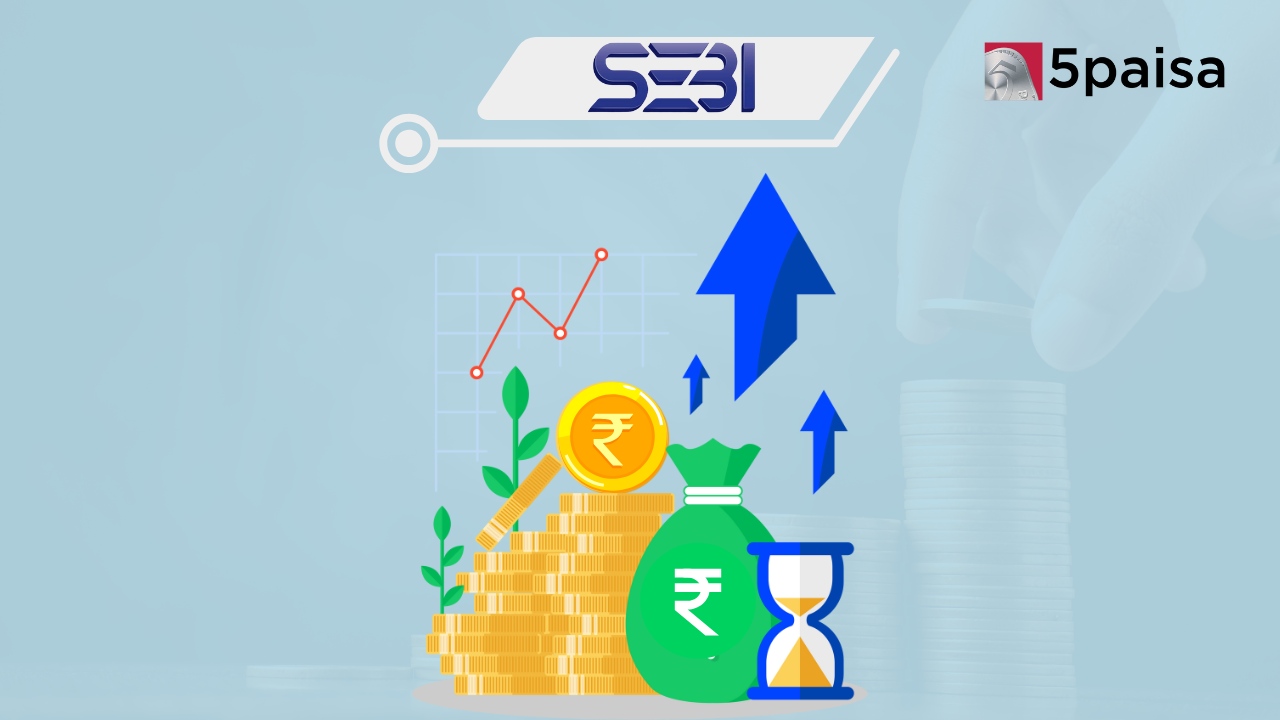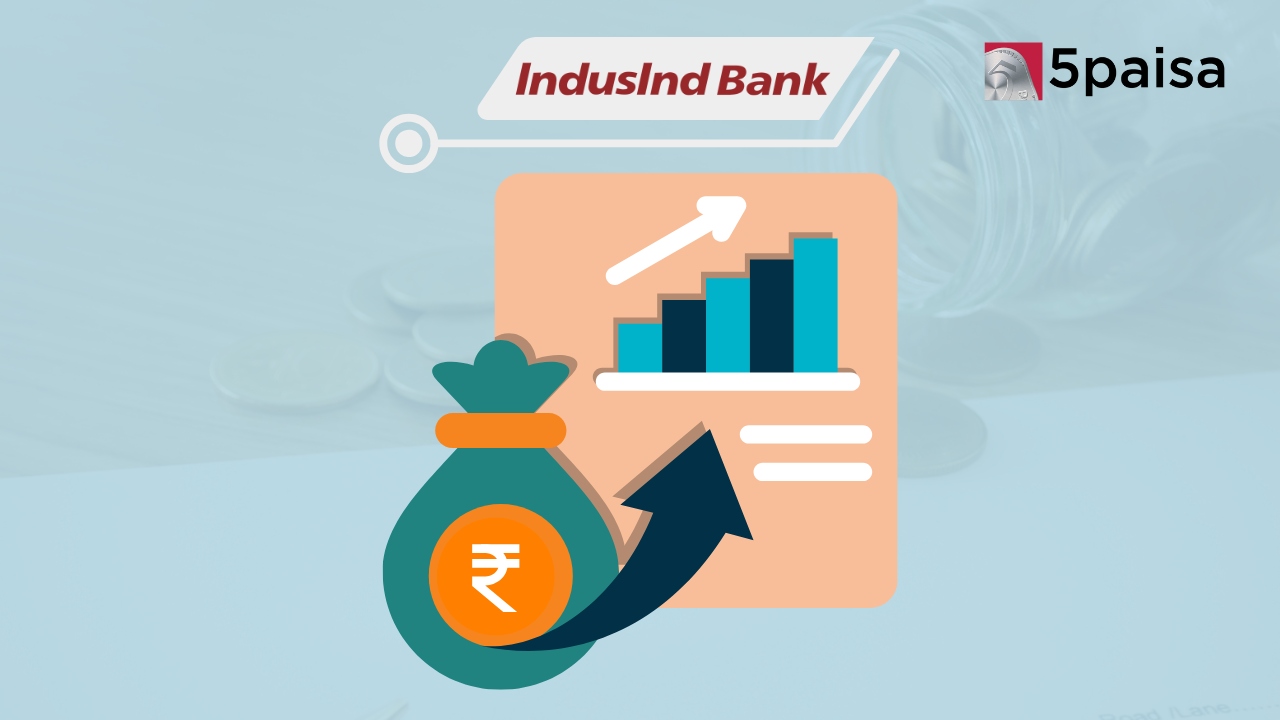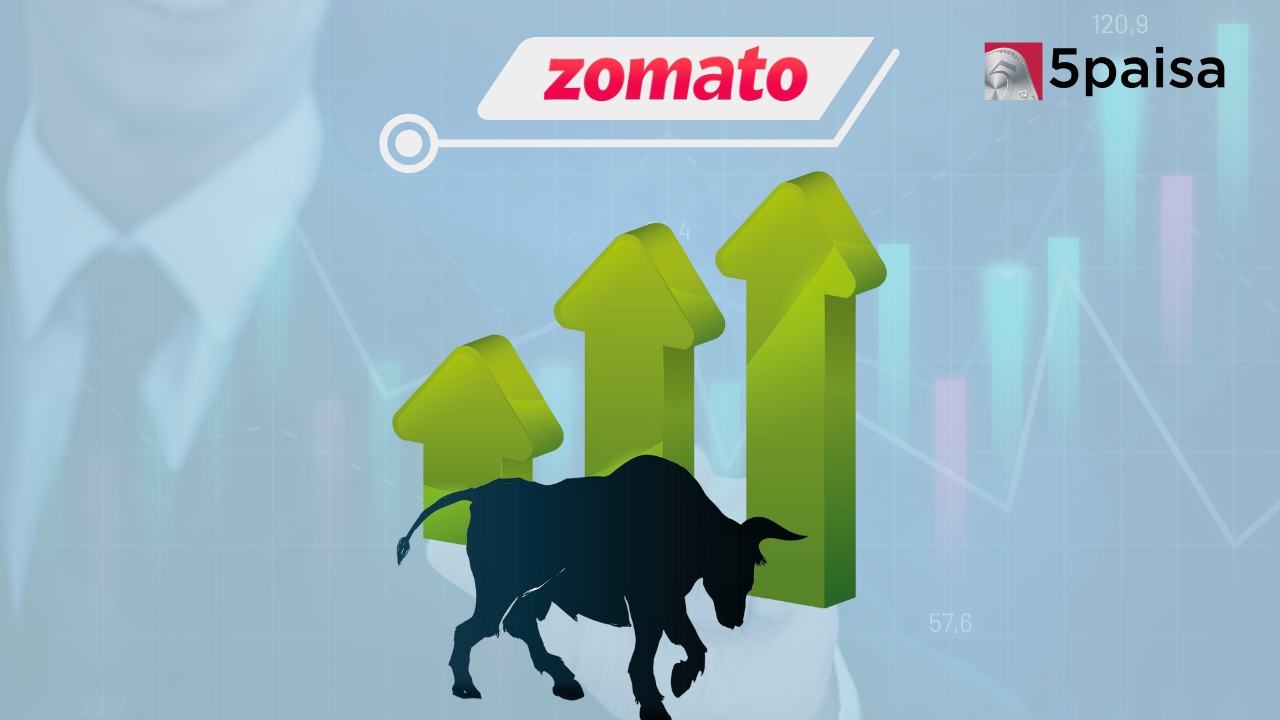Cochin Shipyard Surges 5% on ₹450 Cr Tug Deal with Adani Ports
IMF executive director thinks, India’s Q1FY23 GDP may be understated

Last Updated: 14th December 2022 - 11:32 pm
KV Subramanian needs no introduction and is one of the most respected in the area of global economics. Currently, he serves as the executive director of the International Monetary Fund (IMF). However, what is important is that Mr Subramanian brings a very deep understanding of Indian macro dynamics, being the former Chief Economic Advisor (CEA) to the government of India. That position gave him a very fine ringside view of the macro story in India and the factors that went into triggered growth levers in India.
The latest statement comes from KV Subramanian, in the light of the relatively tepid GDP growth of 13.5% reported by the Indian economy for the first quarter ended June 2022. This was nearly 200 bps lower than the consensus estimate of growth for the first quarter and a full 270 bps lower than the RBI estimates at 16.2%. However, KV Subramanian has pointed out that India’s GDP was typically understated by 50 basis points to 60 basis points as the current methodology used to estimate GDP does not account for high frequency data.
Subramanian is of the view that the National Statistical Office (NSO), which puts out the GDP growth data in the Indian context, should serious contemplate incorporating high frequency datapoints. Such points data points would include digital transaction volumes, GST collections, e-way bills, freight data, steel and cement output and consumption etc. According to Subramanian, the Indian GDP typically gets understated by 50 to 60 bps purely because it becomes static and tad too historical. Such data points could add more value.
KV Subramanian also has some interesting thoughts on monetary policy tightening. His perception is that while interest rate hikes do not significantly impact consumption, they do end up hurting private investments. Unlike the consumers, private investment is not very receptive to sudden cuts in interest rates as most of their decisions are a lot more deliberated. In fact, KV Subramanian makes an interesting point, that adjusted for crude oil spike, the real GDP growth in India should have been closer to 20%.
On the subject of monetary policy tightness, Subramanian has underlined that the interest rate hikes do not really have a significant impact on consumption. Borrowed consumption is a very small part of household budgets. However, he feels that it could have an impact on the private investment. That is because banks tend to increase rates when tightening starts. The reality in India is that tightening and then loosening does not work too favourably in the Indian context as banks only pass on part of the cuts in rates to the end borrowers. In short, transmission is not as smooth as anticipated.
- Flat ₹20 Brokerage
- Next-gen Trading
- Advance Charting
- Actionable Ideas
Trending on 5paisa
Indian Market Related Articles
Disclaimer: Investment in securities market are subject to market risks, read all the related documents carefully before investing. For detailed disclaimer please Click here.
 5paisa Research Team
5paisa Research Team




